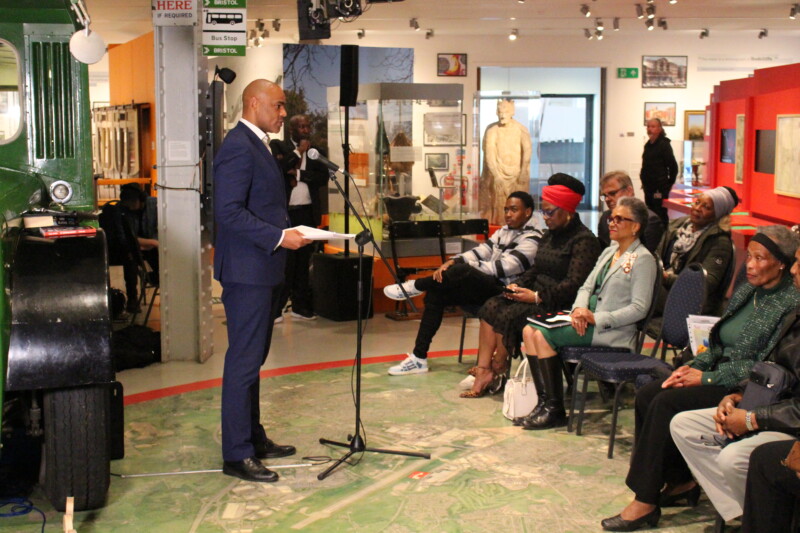Design a Bus to Commemorate The Bristol Bus Boycott

Share this
First West of England is looking for someone to design a brand new bus livery to mark the 60th anniversary of the 1963 Bristol Bus Boycott and bring to life this important moment of social action and the legacies of those involved.
The bus design competition is part of the ‘Drive for Change’ campaign from First West of England, who have teamed up with Bristol Ideas, Creative Connex and Curiosity UnLtd to commemorate this momentous anniversary. The competition winner will see their artwork transform one of First West of England’s Bristol buses, as well as receiving a year’s bus travel with First West of England, a prize worth £1050. The design must be eye-catching, bold and clearly commemorate the 1963 Bristol Bus Boycott.
The deadline for entry forms and artwork is midnight on Sunday 2 July. Entries must be sent to bristolmarketing@firstbus.co.uk, and designs drawn by hand, digital photography and designs made on a computer will all be accepted. The winner will then be notified on Friday 7 July, with the bus wrap unveiled at a special launch event on Monday 28 August. The winning design will remain on the vehicle for at least 12 months from the launch date. For full details of the competition, visit firstbus.co.uk/driveforchange.
PRESS RELEASE: Bristol communities celebrate Bristol Bus Boycott 60th anniversary
From the beginning of May, First West of England’s passengers across the region are able to hear audio clips telling the story of the Boycott while on board the buses.
PRESS RELEASE: Bristol communities celebrate Bristol Bus Boycott 60th anniversary
In the 1960s, Bristol’s bus services were operated by Bristol Joint Services, owned by the Corporation of Bristol and the privately owned Bristol Omnibus Company, whose workers belonged to the Transport and General Workers’ Union. In 1955, the local branch of the union had passed a resolution to ban Black or Asian people from working as bus conductors and drivers. This policy was exposed by the Bristol Evening Post in 1961 and a campaigning group emerged to oppose the discrimination, bringing the policy to public attention.
Inspired by the events of the 1955 Montgomery bus boycott in which Rosa Parks and other community activists refused to give up their seats, a boycott of Bristol’s entire bus network began on 30 April 1963 and it lasted for four months. It ended in August 1963 when the Bristol Omnibus Company was finally forced to end its ‘colour bar’. The campaign helped pave the way for the UK’s Race Relations Acts of 1965 and 1968.
‘The 1963 Bristol Bus Boycott was a landmark event for British civil and legal rights. Campaigners vexed from signs that read “No Irish, No Blacks, No Dogs,” fought for racial equality and social justice. Their protests led to the end of ‘the colour bar’ which banned Black and Asian people from driving buses,’ says Roger Griffith, Bristol-based writer, activist and UWE lecturer. ‘These actions would pave the way for Britain’s Race Equality Acts and ultimately impacted several British Equality laws. The Equality Act 2010 protects the rights of equalities groups across race, sex, religion, gender, marriage, pregnancy, age, disability and LGBTQ+ rights. This competition offers an opportunity to commemorate Bristol’s brave pioneers.’